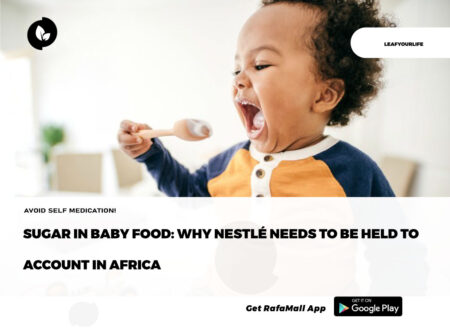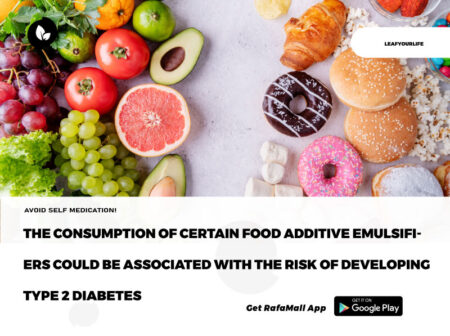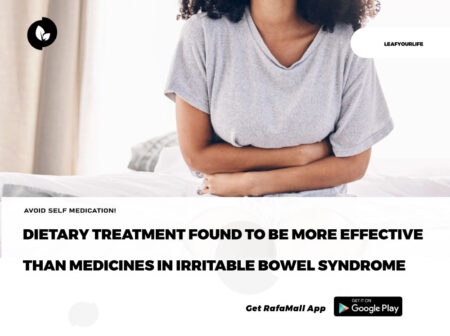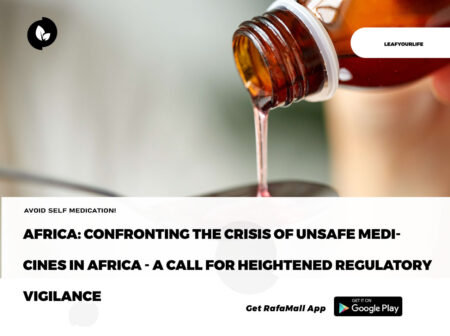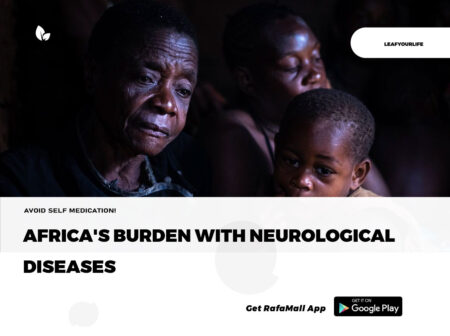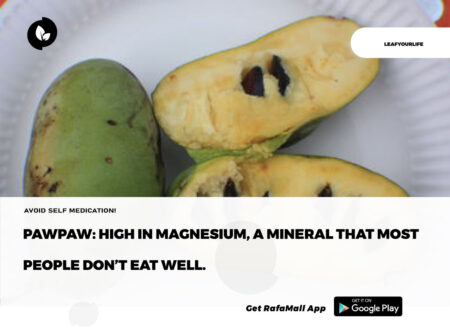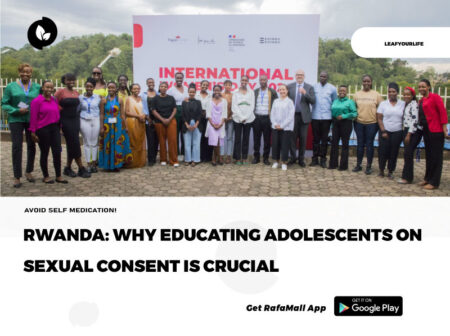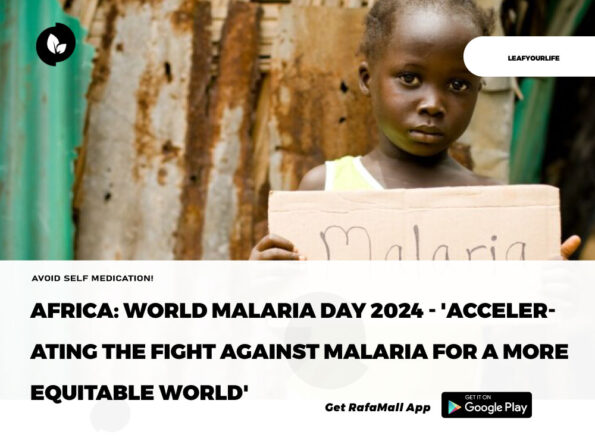
World Health Organization (Geneva)PRESS RELEASE
Dear malaria partners and friends,
On this year’s World Malaria Day, WHO has joined forces with the RBM Partnership and other partners to spotlight the critical importance of advancing health equity, gender equality and human rights in malaria responses worldwide.
I would like to begin by acknowledging the tremendous contributions of national malaria programmes and their partners in facilitating and advocating for malaria prevention and control measures, especially in support of marginalized and hard-to-reach populations. Our collective work will contribute to a more equitable future.
Despite these efforts, malaria remains a serious global health challenge that takes its heaviest toll on the most vulnerable. Young children living in the poorest households in sub-Saharan Africa are disproportionately affected by the disease. Pregnant women, refugees, migrants, internally displaced people and Indigenous Peoples are among the other groups at higher risk of contracting malaria.
Too many people continue to miss out on the services and information they need to prevent, detect and treat malaria, especially those experiencing disadvantage, discrimination and exclusion. We need to strengthen and step up our support for these populations – not only is it our moral duty, it is the best way to get back on track to achieve our global malaria targets.
Since 2017, WHO has reported in the annual World malaria report on a stalling of progress towards critical targets of the global malaria strategy, particularly in countries that carry a high burden of disease. In 2022, malaria claimed the lives of an estimated 608 000 people worldwide and there were 249 million new cases.
Without a change in the current trajectory, many people, especially those living in situations of greatest poverty and vulnerability, will continue to die from malaria – a disease that is preventable and treatable.
Tackling malaria in high burden countries
Health inequities are hampering efforts to reduce malaria in the countries hardest hit by the disease. Through the “High burden to high impact” (HBHI) approach, catalysed in 2018 by WHO and the RBM Partnership, countries have been tackling malaria by identifying those who suffer most and making a concerted effort to reach them with customized packages of interventions and services.
Last month, Ministers of Health from HBHI countries demonstrated further political commitment by signing the Yaoundé Declaration in which they pledged to accelerate efforts to reduce malaria deaths in their respective countries.
In signing the declaration, Ministers committed to “sustainably and equitably” address the malaria challenge. They recognized the importance of tackling the root causes of stagnating progress in malaria control, including low access to and insufficient quality of health services as well as gender-related and financial barriers within households.
Ministers also committed to the aim of ensuring that all populations at risk of malaria consistently receive the appropriate tools, including those living in hard-to-reach areas and conflict and humanitarian settings.
Responding to malaria in low burden settings
Health inequities are also undermining efforts to complete the last mile in the pathway to eliminate malaria. In many countries with a low burden of malaria, cases of the disease are concentrated among vulnerable, hard-to-reach populations such as mobile and migrant workers, refugees and indigenous communities.
Reaching, engaging and empowering these populations with targeted, gender-responsive and culturally-sensitive interventions and services is an important strategy for achieving our collective vision of a malaria-free world.
Response by WHO and partners
Malaria responses can be strengthened by stepping up investment in the research and development of new tools that benefit all people at risk of the disease, and especially the poorest and most marginalized populations.
WHO-recommended tools should be scaled up in an equitable and sustainable way. If implemented widely, several innovative tools recommended in recent years – including dual active ingredient nets and malaria vaccines – will increase health equity for populations at risk of malaria.
WHO remains committed to supporting countries to ensure that any recommended tools are deployed efficiently. Between 2018 and 2023, WHO supported more than 30 countries in the strategic use of data for decision-making and in the tailoring of interventions at sub-national levels.
In response to ever-increasing financial constraints, WHO, in consultation with national malaria programme managers and partners, has also developed a set of guiding principles for prioritizing interventions in resource-constrained settings to achieve maximum impact; we will be publishing these principles in the coming weeks.
Access to quality health services can also be improved through gender-transformative programmes that address the many barriers faced by women and girls, such as a lack of decision-making power within households and lower literacy levels.
The fight against malaria can be accelerated through a commitment to universal health coverage (UHC). Everyone should have access to the health services they need – when and where they need them, and without facing financial hardship. WHO recommends reorienting health systems towards primary health care which is considered the most inclusive, equitable and cost-effective way to achieve UHC.
New operational strategy
As you may have seen, the Global Malaria Programme launched a new operational strategy ahead of World Malaria Day. The strategy notes that all efforts to fight malaria should be rooted in the principles of health equity, gender equality and human rights to ensure that people in situations of vulnerability are protected and have access to quality health services.
Read the original article on WHO.

